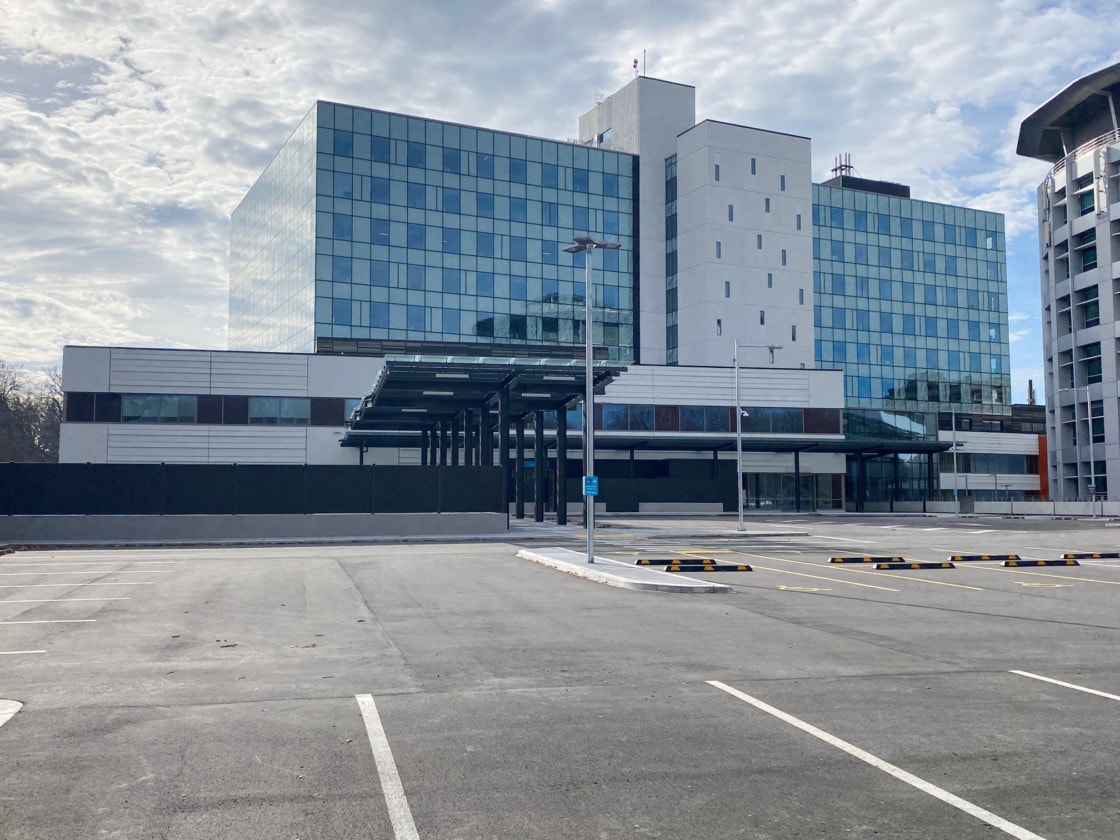Saturday 4 February 2023Media release3 minutes to read
THIS IS AN ARCHIVED PAGE. The advice and information contained in this page may not be current and it should only be used for historical reference purposes.
From 8.24pm – 9.19pm on Friday 3 February a network power outage caused a power cut to Christchurch Hospital. The hospital has a system of generators that usually start automatically when there is a power outage. The generators worked as they should for Christchurch Women’s Hospital, but they didn’t automatically connect to Christchurch Hospital systems last night. This is an extremely rare occurrence and why this didn’t occur is what our teams are currently looking into.
During the 55 minute outage there was a total of 478 patients in Christchurch Hospital, including 96 in ED. All were well supported and cared for.
All systems were back up and running on mains power before midnight last night.
During the power cut there was no access to phones, computers and some electronic patient monitoring and support equipment. Some staff reverted back to basics to do patient observations, such as taking a patient’s pulse manually; patient notes were written on paper and the hospital tannoy system was used to broadcast updates within the hospital, along with many senior staff becoming ‘runners’ between wards conveying information.
Whiteboards and pen and paper were also used to record patient information during the outage, and this information was transferred onto the electronic systems when the power was restored.
Interim Hospital and Specialist Services Lead for Waitaha, Lisa Blacker said staff clocked up some significant ‘steps’ during the course of the outage, as face to face communication became the main communication channel between departments.
“I am so proud and impressed with the way staff took things in their stride, and remained calm throughout the outage,” Lisa said. “We were well prepared and have systems in place for a power outage.”
As the patient call bell system was impacted, clinical staff were walking through the wards checking in on patients. Essential equipment such as ventilators, ECG machines, cardiac defibrillators all have a battery back-up and continued working as they should. In addition there’s mobile battery powered equipment to record blood pressure and pulse.
“There was one patient whose surgery was safely completed just as the power cut hit. In addition, another patient was about to have a procedure which was deferred until after the power came back on. Critical clinical areas had battery-powered emergency lighting, while some non-clinical areas used torches. Thankfully there was still some natural light when the power first went out.
“We had alternative operating theatres in Christchurch Women’s and Parkside that could have been used if needed for an emergency.
The Christchurch hospital team is grateful to St John who cared for patients in ambulances outside ED and to St John staff who helped triage people arriving at ED. Across town, our partners at the 24 Hour Surgery assisted by bringing in additional staff to provide care for those with urgent health care needs.
“Our staff did a magnificent job of keeping patients updated and wards and patients were calm during the outage. Everyone was well supported, continued to receive care and most importantly were kept safe,” Lisa Blackler said.
Back to Health News

